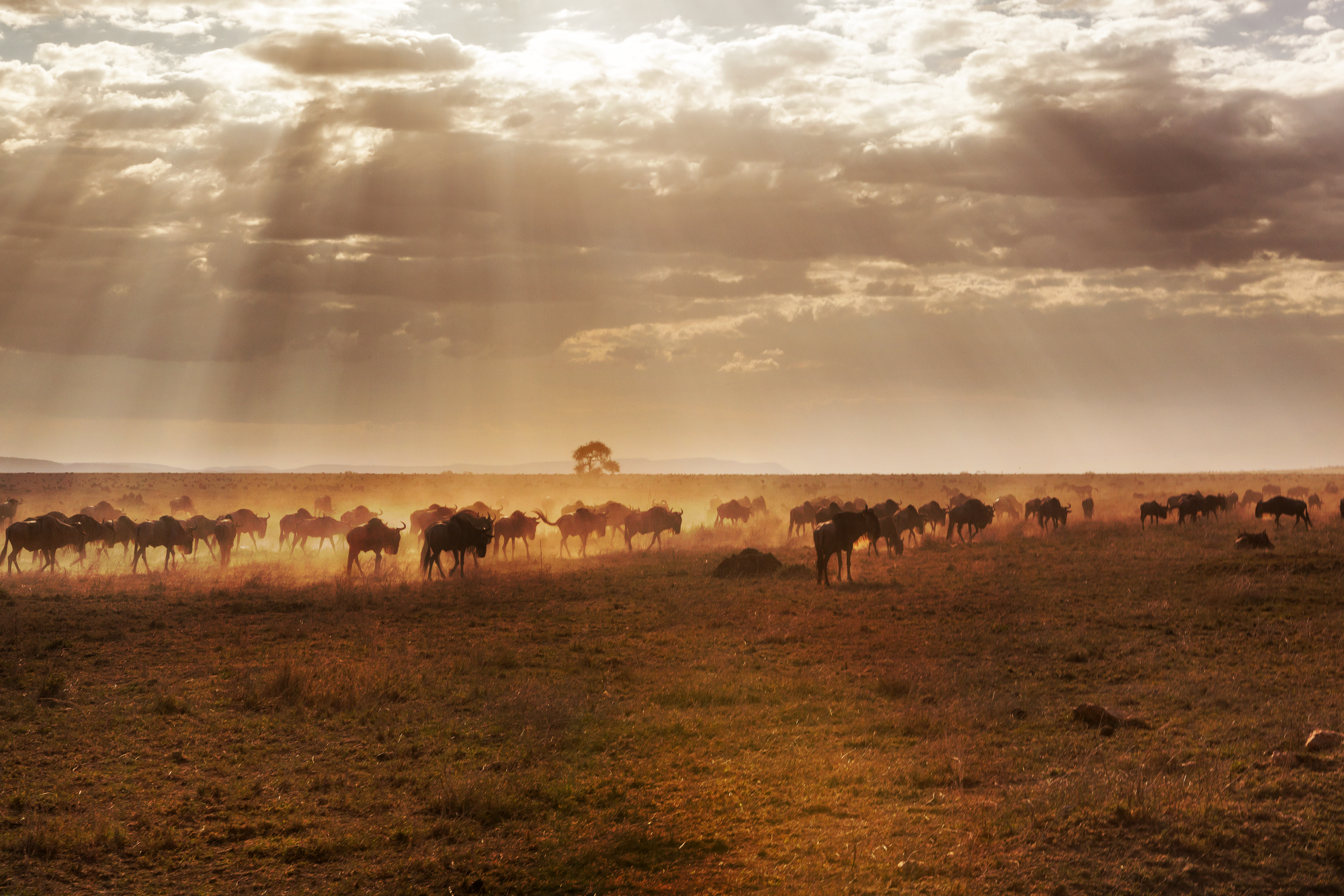The conservation impact of trophy hunting on lion populations in Africa depends less on the practice itself and more on how it is governed. In East and Southern Africa, governance structures directly influence whether trophy hunting contributes positively or negatively to conservation.
In Tanzania, poor oversight, non-transparent lease systems, and failure to share hunting revenues with local communities have undermined lion conservation. Without direct benefits, local support for protecting lions remains weak, often leading to unsustainable hunting.
By contrast, Southern African nations like Namibia have implemented community-based conservancy models. These systems grant communities rights over wildlife and a share of hunting profits, incentivizing lion conservation and contributing to population recovery.
Effective trophy hunting hinges on transparency, long-term concession management, and equitable revenue-sharing. Where these conditions are met, trophy hunting can align the interests of conservation, communities, and industry, helping safeguard lion populations.
Ultimately, trophy hunting must be seen as one component of broader conservation strategies that also address habitat loss, poaching, and human-wildlife conflict. Well-governed hunting programs, when integrated into a holistic conservation framework, can play a meaningful role in securing the future of lions in Africa.

